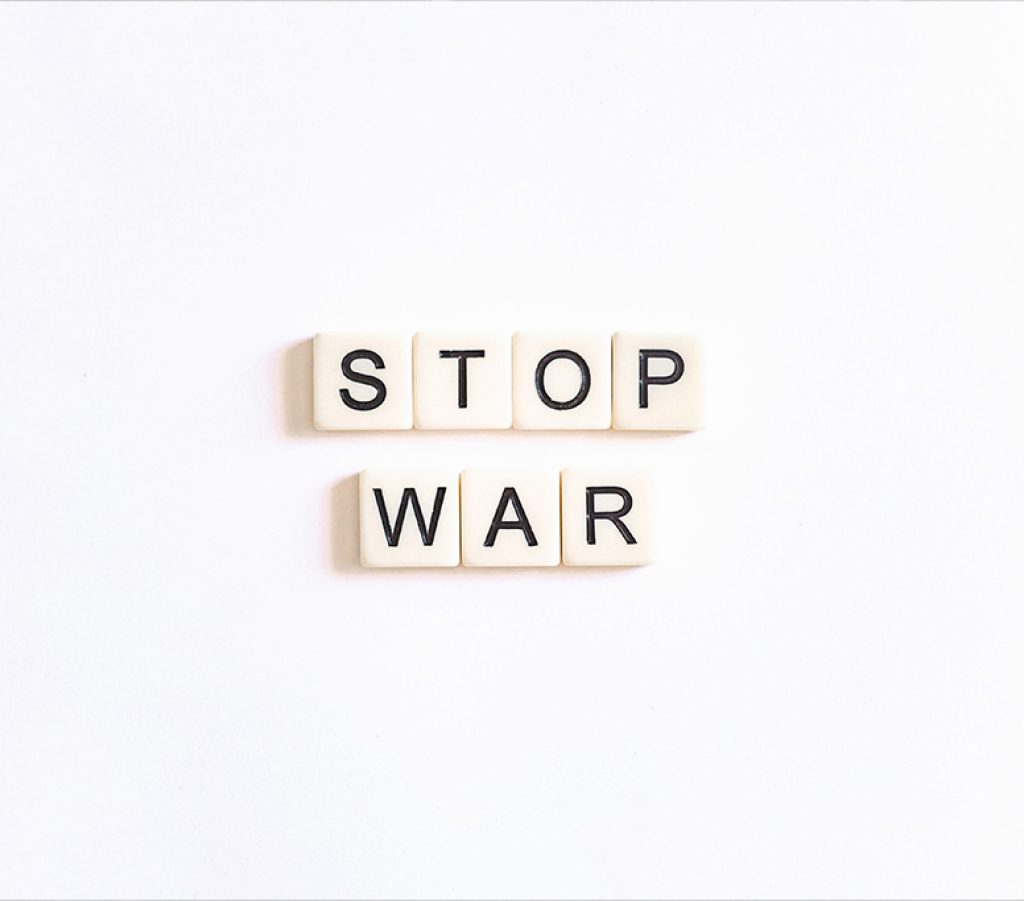Introduction
In a world marred by ongoing conflicts, both on a global and individual scale, the timeless wisdom of choosing peace has never been more relevant. Humanity’s history is riddled with wars, strife, and disputes, leading some to question whether we have truly progressed as a species. In this blog post, we will explore the idea that, instead of fighting, humanity should prioritize peace, cooperation, and understanding to build a better world.
The Vicious Cycle of Conflict
Throughout history, humanity has been caught in a seemingly endless cycle of conflict. Wars, territorial disputes, ideological battles, and personal disputes continue to plague our societies. The consequences of these conflicts are evident in the suffering and destruction they bring. It’s a harsh reality that we must confront: violence begets violence, and the cycle continues unless we choose to break it.
The Lack of Progress
The perplexing aspect of this cycle is that despite all our advances in science, technology, and knowledge, we have not evolved beyond our primal instincts for aggression and territorialism. We still resort to violence as a means to resolve disputes. In some ways, it appears that the more we progress, the more complex and destructive our conflicts become. It is as if we are stuck in a never-ending loop of violence, unable to break free and choose a more harmonious path.
The Price of War
War exacts a tremendous toll on humanity and the world as a whole. Lives are lost, families torn apart, and nations left in ruins. The cost of conflict is not just human suffering but also the depletion of resources that could be used for constructive purposes like education, healthcare, and infrastructure. It stifles innovation and hinders global progress, diverting our attention and resources from critical issues like climate change, poverty, and inequality.
The Path to Peace
So, how do we break free from this cycle of conflict and choose peace instead? Here are a few key principles that can guide us on the path to a more peaceful world:
Communication: Open and honest dialogue is the foundation of resolving disputes without resorting to violence. We must learn to listen to and understand one another, even when our viewpoints differ.
Empathy: To avoid fighting, we need to cultivate empathy, recognizing that behind every person’s actions, there is a complex web of motivations and experiences. Empathy allows us to connect on a deeper level and find common ground.
Conflict Resolution: Conflict is inevitable, but we can approach it in a way that seeks solutions rather than dominance. Conflict resolution techniques can help us find compromises and build bridges.
Diplomacy: At the international level, diplomacy should be the primary means of resolving disputes. Nations can work together to find peaceful solutions to their differences.
Education: Fostering a culture of peace begins with education. Teaching conflict resolution skills and promoting understanding of different cultures and perspectives can help prevent future conflicts.
Personal Responsibility: Each of us has a role to play in choosing peace. We must take personal responsibility for our actions and strive to resolve conflicts in non-violent ways.
Conclusion
In a world marked by ongoing conflicts, the need for peace has never been more urgent. We must recognize that the cycle of violence has not served humanity well, and it is high time that we prioritize cooperation, empathy, and understanding as our primary tools for resolving disputes. Instead of fighting, let us strive for a world where differences are celebrated, conflicts are resolved through dialogue, and peace reigns supreme. Only by making this choice can we truly progress as a species and create a better future for generations to come.


